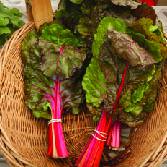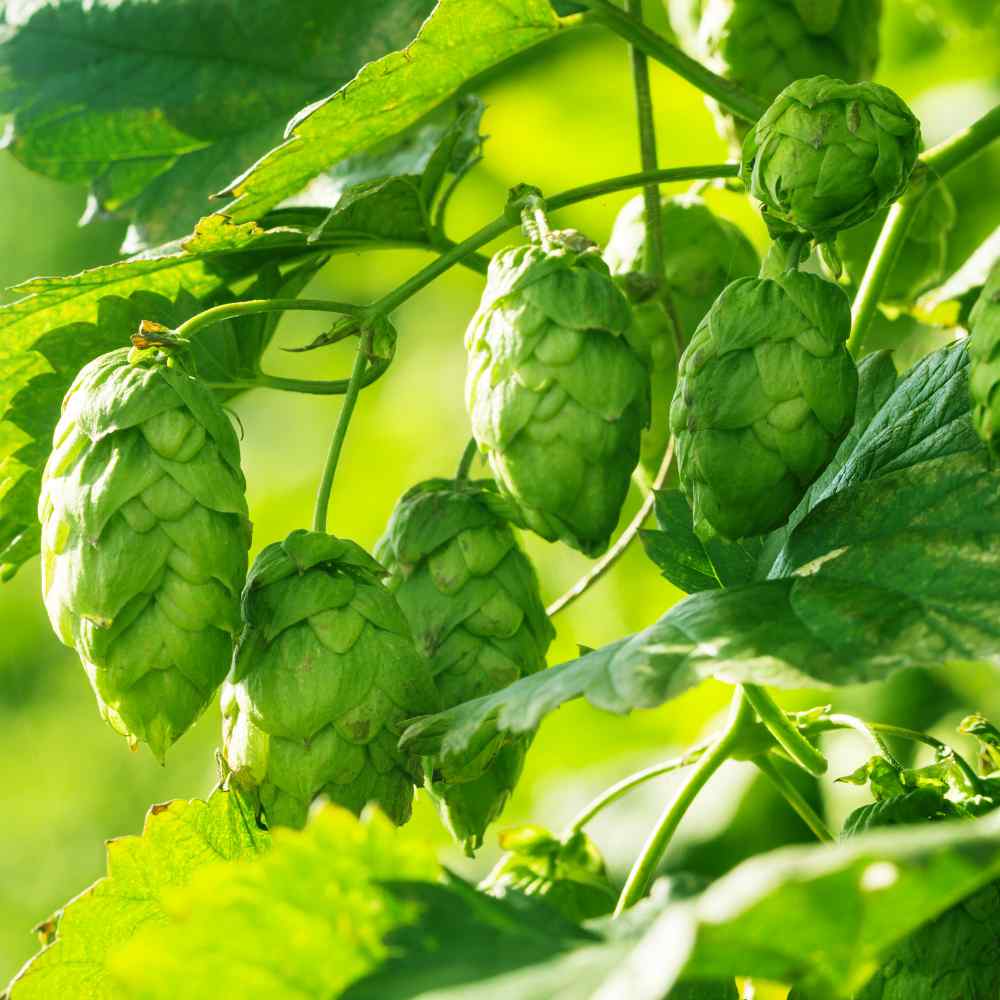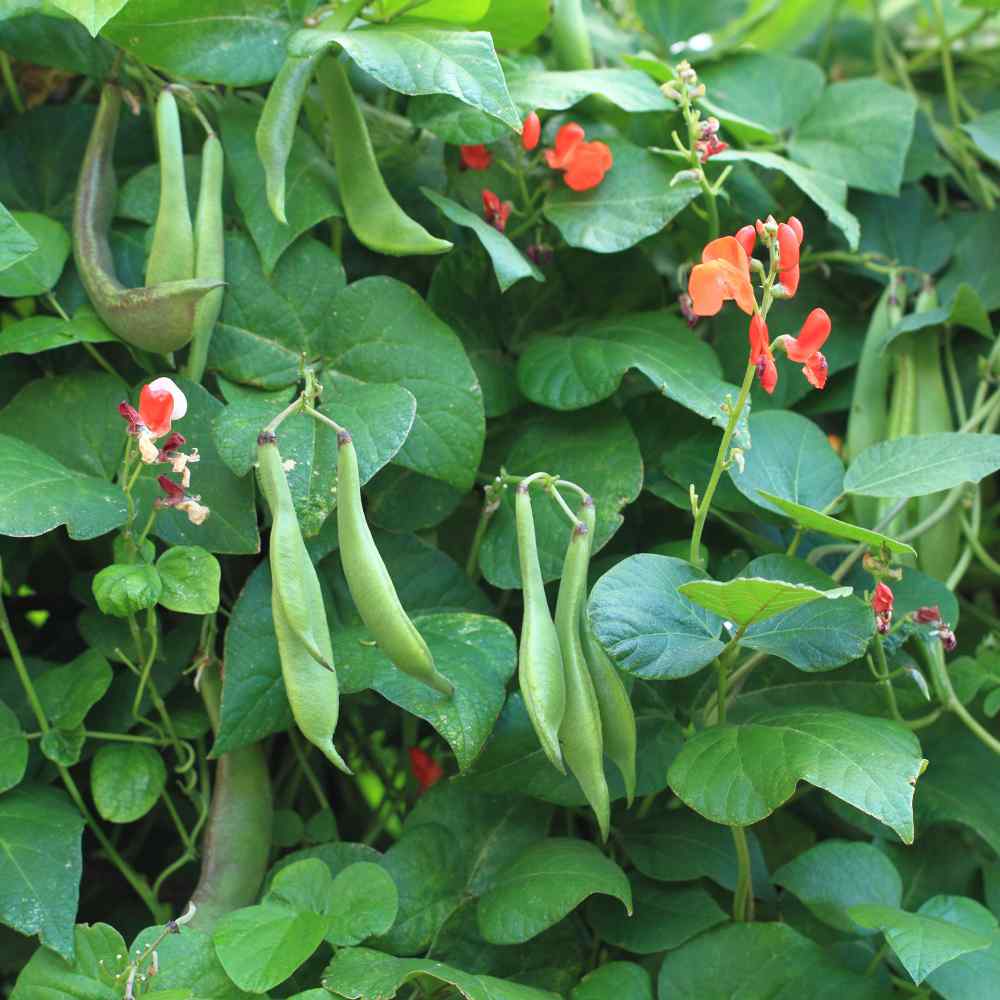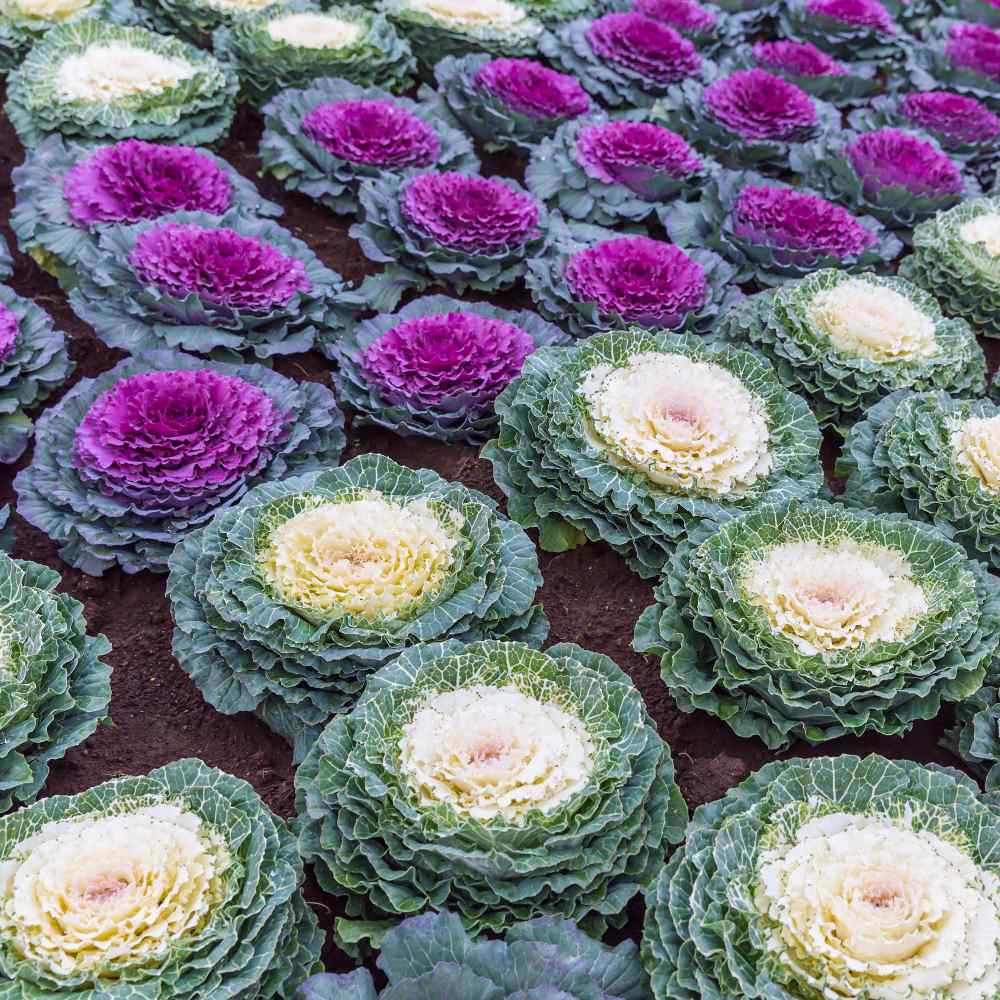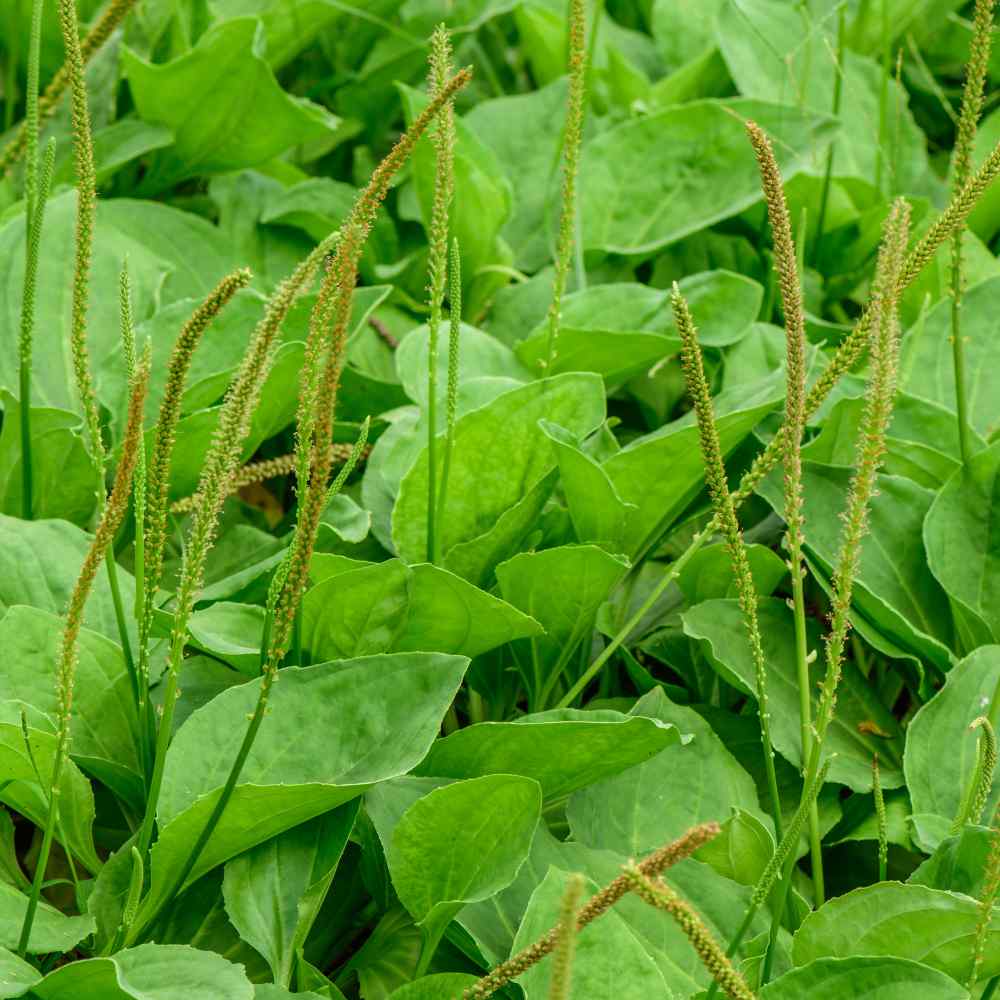
Hops Planting and Care Guide
Quick Facts About Hops
Hops is a perennial climber that can reach a height of nearly 20 feet. It produces a green, heavily-scented fruit in autumn that is well known for use in making beer. This plant is also useful for attracting wildlife.
Planting Time
Hops seeds should be started indoors 6-8 weeks before the end of frost season, or started directly outside after all frost danger has passed. Note that these seeds require a cold stratification treatment prior to sowing.

Planting Location
Plant Hops in an area of full sun in fertile soil that is well-drained.
How to Grow Hops
- Hops seeds require a cold stratification treatment prior to sowing. To do so, mix the seeds with sand inside a plastic bag, then refrigerate for 1-3 months. Nicking the seeds with a blade or sandpaper prior to planting can also assist with germination.
- To start indoors, use trays or small pots filled with a seed starter mix. Sow 1-2 seeds per plant a depth of 1/8 to 1/4 inch.
- If sowing directly outdoors, first prepare a seedbed by breaking up soil and removing weeds.
- Keep seeds moist until germination, maintaining a temperature of about 68F degrees. Under proper conditions, these seeds should germinate in about 5-6 weeks. If they fail to germinate after this time, repeat the cold stratification process.
- Once indoor seedlings have their first few sets of true leaves, they can be transplanted outdoors after all frost danger has passed.
- Before transplanting seedlings into the garden, it's essential to "harden them off". This involves acclimating young plants to outdoor conditions by placing them in a sheltered outdoor area for about a week. Initially, shield them from strong winds and direct sunlight. If there's a risk of frost overnight, either cover the plants or bring them indoors, then return them outside in the morning. This hardening off method helps strengthen the plant's cell structure, minimizing transplant shock and sun damage.
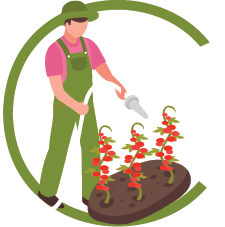
Care And Maintenance
- Keep weeds under control during the growing season. Weeds compete with plants for water, space and nutrients, so control them by either cultivating often or use a mulch to prevent their seeds from germinating.
- Mulches play a vital role in preserving soil moisture and ensuring consistent soil temperatures. When it comes to annuals, using organic mulch made from shredded leaves not only enhances the appearance of the bed but also enriches the soil as it decomposes over time. Remember to keep mulch away from the plant stems to avoid potential rot issues.
- Water Hops regularly, but don't allow it to sit in standing water, and try to avoid getting the leaves wet.
- Hops benefits from regular applications of organic fertilizer. Apply according to labelled directions.
- Hops can be trimmed back at the end of each growing season. Deadheading flowers and removing mature fruits is also beneficial.
















